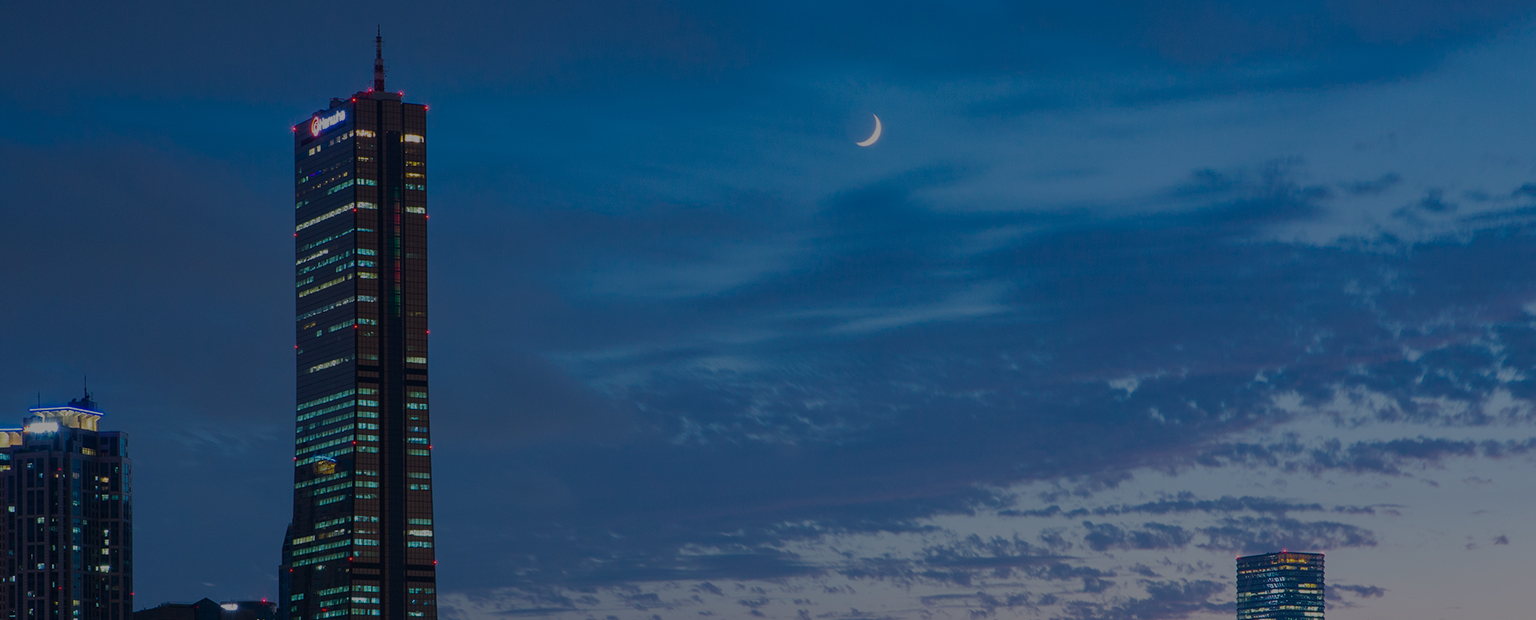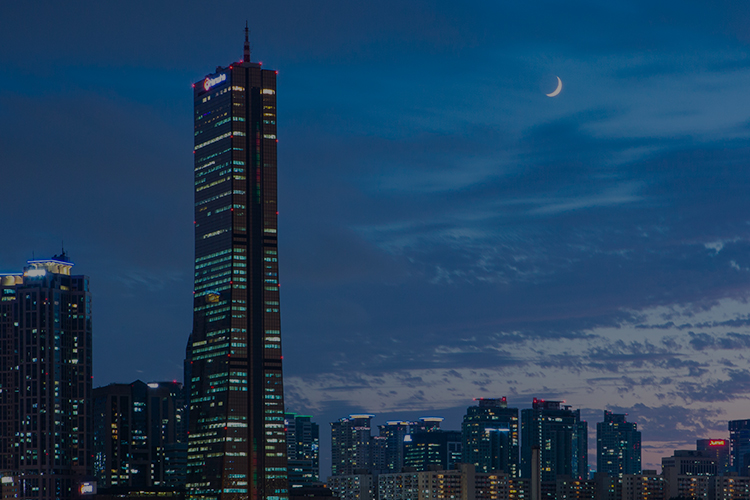

Seoul Financial Hub
Alerts / News
Global Economic Updates
|
Tesla, Chinese battery firms hit by Korea's new EV subsidy rules Press : The Korea Times │ Time and Date of Report : 2024. 02. 06 |
|---|
| Link to the original article : https://www.koreatimes.co.kr/www/tech/2024/02/419_368375.html?na |
|
By Park Jae-hyukThe Ministry of Environment has unveiled revised rules regarding subsidies for the purchase of electric vehicles (EVs) this year, which are seen as being unfavorable for Tesla, CATL and other Chinese battery makers that have focused on producing LFP (lithium ferro-phosphate) batteries, according to industry officials, Tuesday.
To supply safer and more eco-friendly vehicles, the ministry decided to provide larger incentives for the purchase of EVs equipped with on-board diagnostics (OBD) and batteries with a higher energy density. Tesla has not installed equipment allowing its vehicles to run self-diagnostic tests, citing the possible leaking of its self-driving technologies and battery management system. Although Korea does not force the installation of OBD, other EVs are equipped with the system. In addition, Tesla is expected to be impacted the most by the government’s decision to offer full-scale subsidies only to those who purchase cars priced below 55 million won ($41,000) because its made-in-China Model Y, released here last year, costs 56.9 million won. Until last year, buyers of EVs priced below 57 million won could receive 100 percent of the subsidies. Industry officials are keeping a close watch on whether the U.S. firm will cut its EV prices further to attract consumers here amid the slowdown in global demand for electric vehicles. Data compiled by the Korea Automobile Importers & Distributors Association showed only one Tesla vehicle was sold here last month. The fact that Tesla’s new model is equipped with LFP batteries is another negative for the company’s business in Korea. The environment ministry plans to offer more incentives for purchasing cars equipped with high-density batteries, which are easier to recycle. Compared to ternary batteries, which have been the main focus of Korean companies, LFP batteries have lower energy densities and need more energy to decompose for recycling. Although Korean battery makers have looked toward the mass production of LFP batteries in line with the trend of global carmakers trying to lower EV prices, they are still inferior to their Chinese rivals in terms of producing low-cost batteries. “The revised rules seem to be favorable for Korean battery firms, giving them time to develop LFP batteries that can compete with the products of their Chinese rivals,” a local battery industry official said. Korea’s smaller EV makers and importers of foreign EVs, however, are protesting against the environment ministry’s recent measures. KG Mobility, for example, may face a setback in attracting consumers to buy the Torres EVX electric SUV, which is equipped with LFP batteries made by China’s BYD. The ministry said that its latest decision is intended to popularize EVs and contribute to cleaner air quality. It also plans to receive opinions on the reformed rules until Feb. 15.  |
| Previous post | GM to introduce 4 new models in Korea this year |
|---|---|
| Next post | Seoul to provide W32.5 mil. subsidy for Hyundai's hydrogen-fueled Nexo |





